THE NEW SEASON OF TAX REFORM
by Everardo Maciel *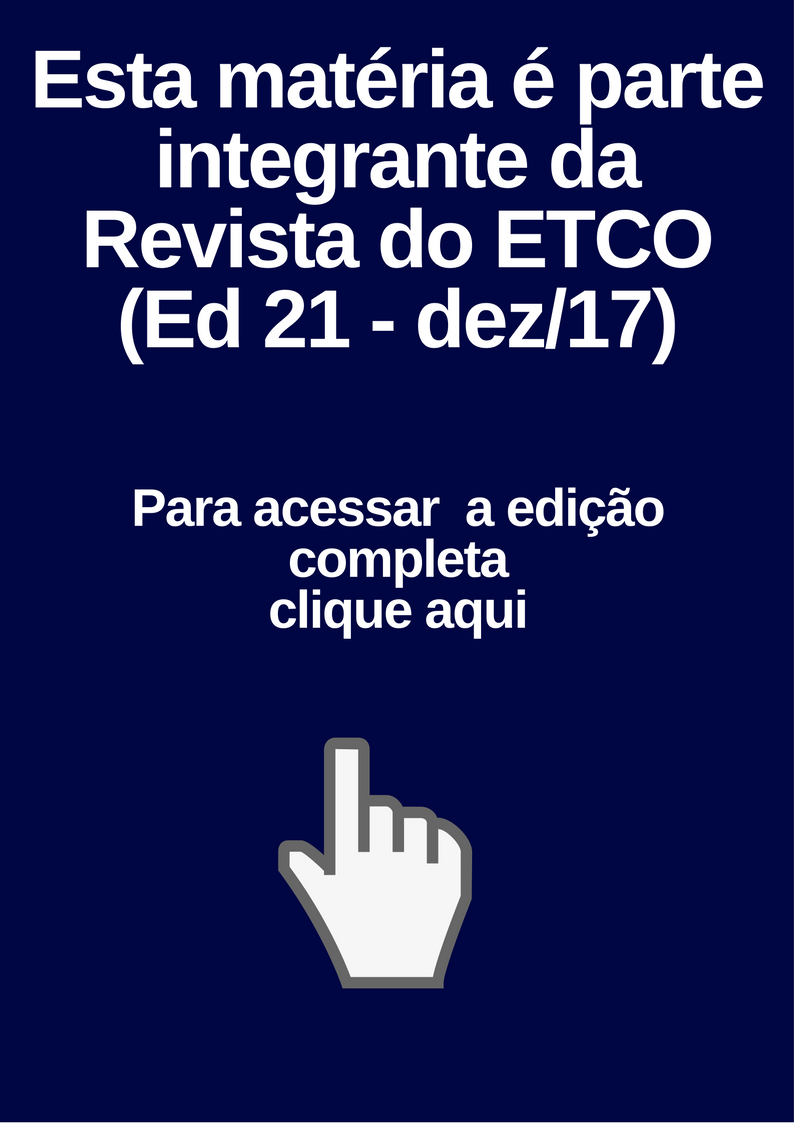
Tax systems are living models that portray the complexity of economic and social relations in a society. There are many reasons against overly ambitious tax reform claims
The imperfection and complexity of the Brazilian tax system, which are, moreover, characteristics common to all tax systems, stimulate a profusion of plastically elegant and disruptive solutions, but which ignore the risks and costs inherent to any change.
Tax systems result from clashes that involve conflicts of reason and interest in parliaments. They are not models, applications or, in the past, works by copyist monks. On the contrary, they are living models that portray the complexity of economic and social relations in a society. They are therefore inevitably imperfect and complex.
This complexity, in turn, is increasing, because tax systems will, over time, incorporate changes - some legitimate, others not - that distort the original conception.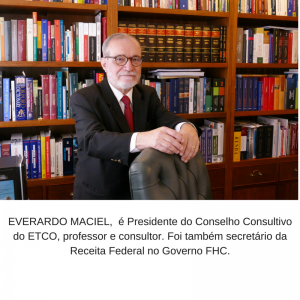
Imperfection and complexity stimulate new conceptions aimed at refounding tax systems, in the context of an improbable and little useful idealization.
Peremptory statements are frequent that denounce the complexity, inefficiency and regressiveness of the Brazilian tax system, without there being a minimally consistent debate on the matter.
There are many possibilities for qualifying complexity. What makes a tax system truly complex is the overload of bureaucratic requirements, the profusion of special regimes and the indeterminacy of concepts and procedural delays that lead to legal uncertainty.
Issues such as number of rates or taxes and overlapping incidences are easily overcome by using good computer applications.
Problems exist and will always exist, which is an excuse for continuous action focused on strategic matters, aiming at eliminating or mitigating them.
The problems of ICMS and PIS / Cofins are remedied with surgical changes.
There are many reasons against overly ambitious tax reform claims.
Changes have costs and risks. Normative stability, in the tax sphere, is a relevant asset for deciding on private investments.
In an interview with Veja (27/09/2017), Eldar Saetre, president of Statoil (Norwegian state oil company), stressed that his major concern in relation to Brazilian taxation was unpredictability. He added that, in Norway, the taxation of oil activity was high (78%), but stable.
In an interview with the Financial Times, published in Valor (28/04/2017), Warren Buffet, one of the largest investors in the world, said: “People invest when they think they can make money, and not because of taxation”.
In addition, there are risks to the treasury and the taxpayer. Any change has repercussions on tax rates and tax bases, in an unpredictable way and differently on taxpayers.
Ultimately, major changes can take on an adventurous character. Anyway, systems, like the tributary, are only well known with real mass.
In everything, we cannot forget our undying vocation to copy models from other countries, built under peculiar circumstances and different from ours. It is cultural servility, opposite and equally mediocre of xenophobia in the field of ideas.
The most serious thing is that we seek to copy models in frank obsolescence, such as the Value Added Tax (VAT), which is complex, vulnerable to evasion (the carousel or banknote ride is a well-known evasion modality in Europe) and unable to assimilate properly the digital economy.
It is good to pay attention to what is being discussed at the border of tax policy. With a solid academic basis, the United States is already discussing the formulation of a model for taxing consumed income, which aggregates VAT and Income Tax characteristics, innovating them.
Meanwhile, in Brazil, little or no attention is paid to our most severe tax illnesses: bureaucracy, conceptual indeterminacy and the tax process.
Bureaucracy reigns triumphantly in the tax system. Its pearls are multiple registration, negative certificate requirements, tax refunds, obstacles to compensation, etc.
It is certain that conceptual indeterminacy will always exist, demanding the clarifying intervention of Justice. After all, there is no closed concept system. What is reprehensible is exaggeration.
We have not yet pacified concepts such as billing, gross revenue, indemnity for tax purposes, irregular dissolution of companies, joint liability of partners, tax substitution, abusive tax planning, etc. It's an absurd.
The process, from launch to execution, is exquisite in its slowness and inefficiency.
In the Union, the amounts under administrative and judicial discussion added to the credits recorded in active debt correspond to more than double the annual tax collection.
A report produced by the National Council of Justice (CNJ) shows that of the impressive 80 million cases pending in court, approximately 30 million are related to tax enforcement.
Although it contradicts the bureaucracy and the litigation industry, the real reform is to eliminate these tax illnesses. However, it lacks the charm of designing a new, unpredictable and unnecessary tax model.
Ambitious claims, by exacerbating tax conflicts, including in the context of fiscal federalism, always end in impasses, in addition to removing the focus of Brazilian tax illnesses. It is worth remembering Einstein's teaching: “it is insanity to keep doing the same thing and expect different results”.


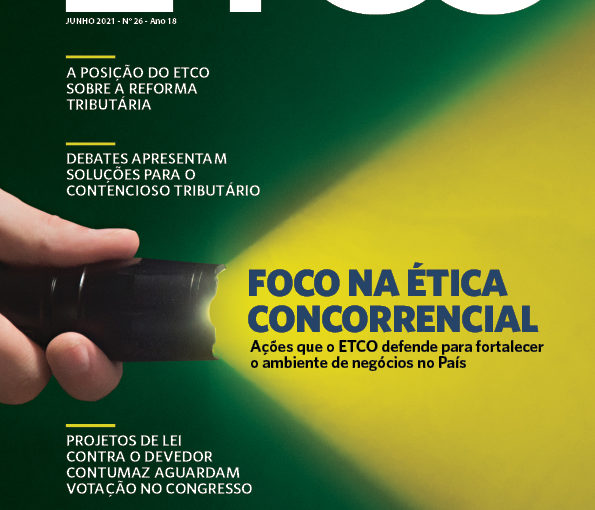

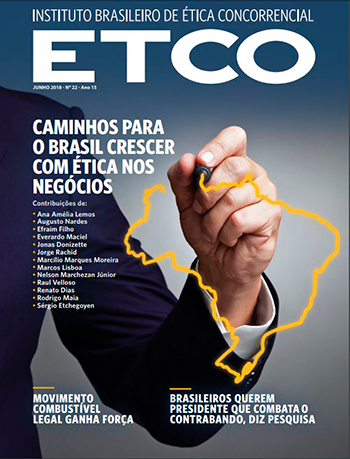




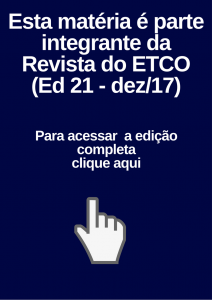
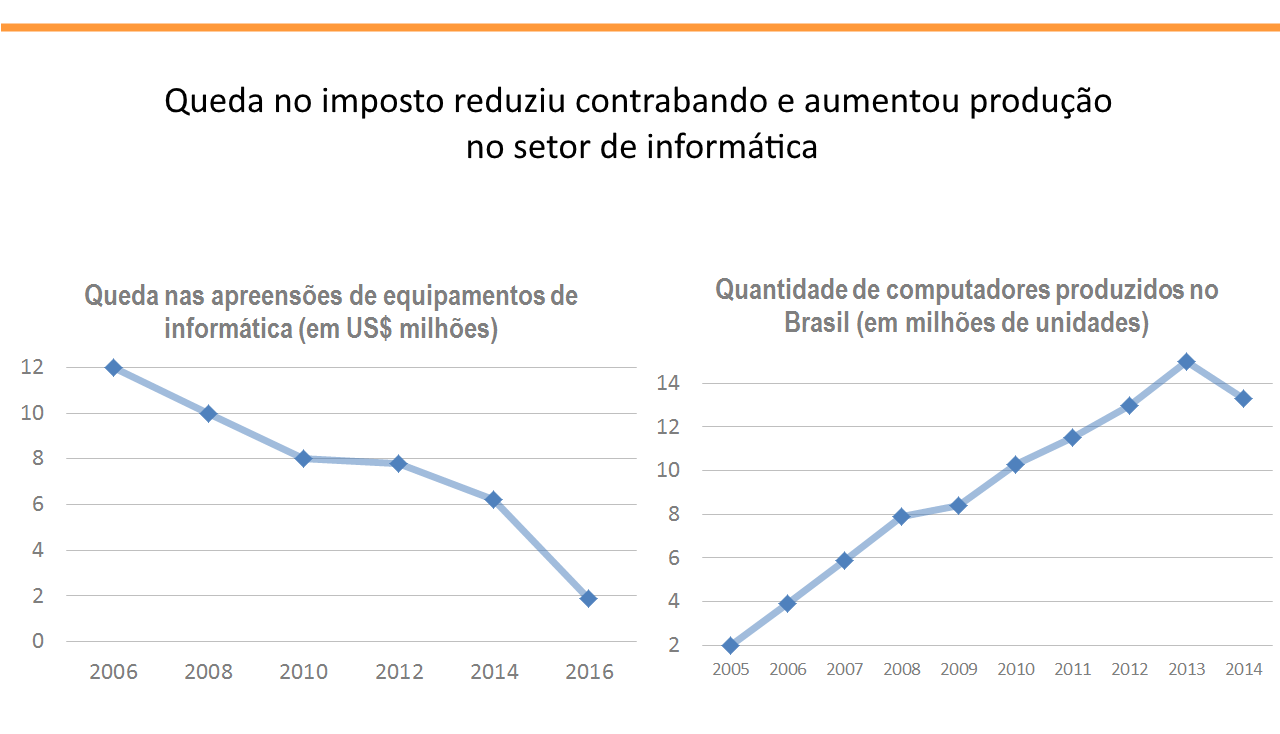
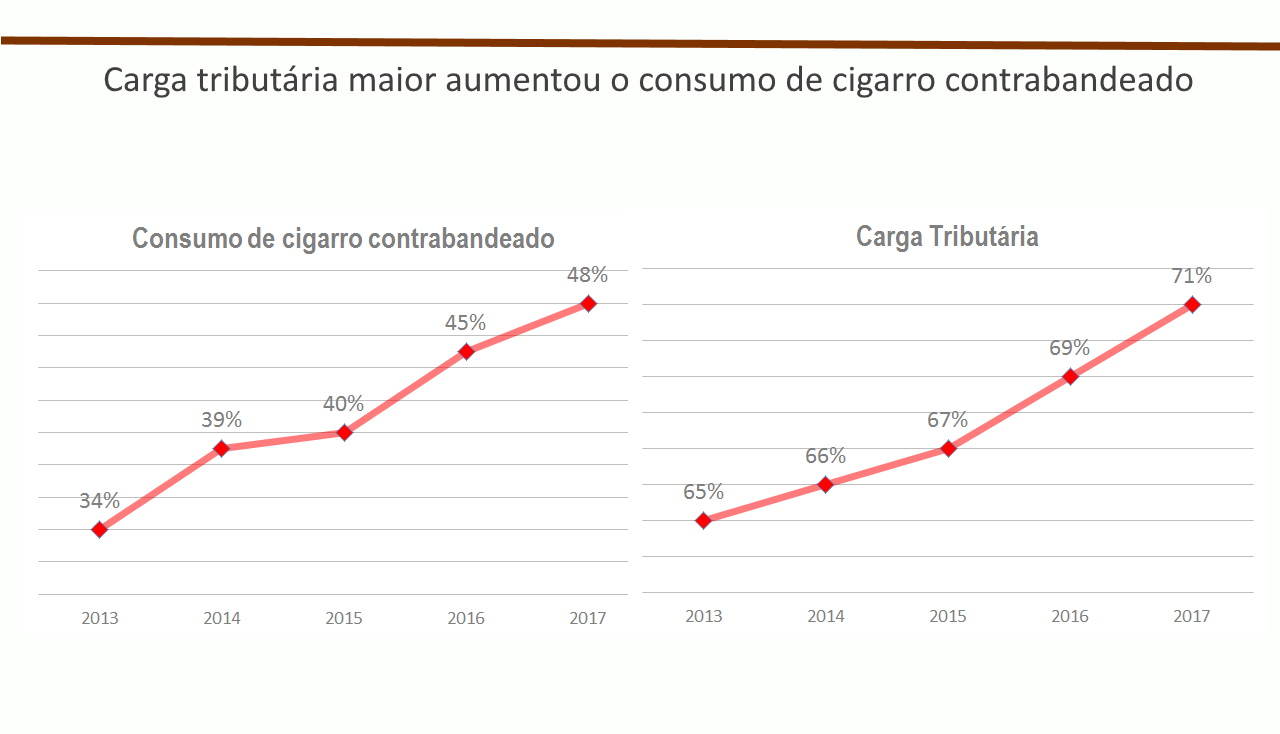
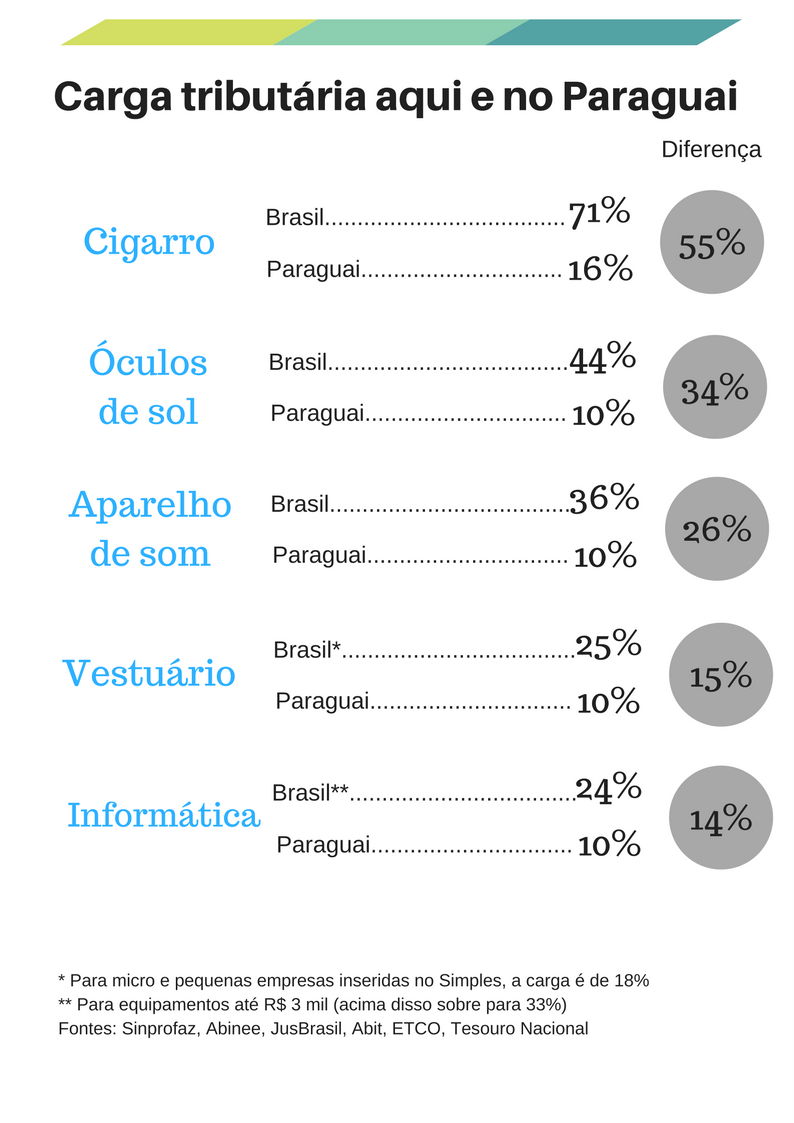

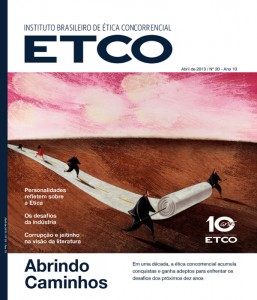 In addition to the reflections presented in articles by Jorge Hage, Eliana Calmon, Claudia Costin, Ricardo Young, Maria Helena SF de Santana, Roberto Da Matta, Sergio Fausto, Renato Janine Ribeiro, Fábio Barbosa, Eurico Marcos Diniz de Santi and Mariana Pimentel Fisher Pacheco, ETCO Magazine nº 20 shows, in its cover story, how the Institute has been gaining weight and importance in the area of competitive ethics.
In addition to the reflections presented in articles by Jorge Hage, Eliana Calmon, Claudia Costin, Ricardo Young, Maria Helena SF de Santana, Roberto Da Matta, Sergio Fausto, Renato Janine Ribeiro, Fábio Barbosa, Eurico Marcos Diniz de Santi and Mariana Pimentel Fisher Pacheco, ETCO Magazine nº 20 shows, in its cover story, how the Institute has been gaining weight and importance in the area of competitive ethics.
